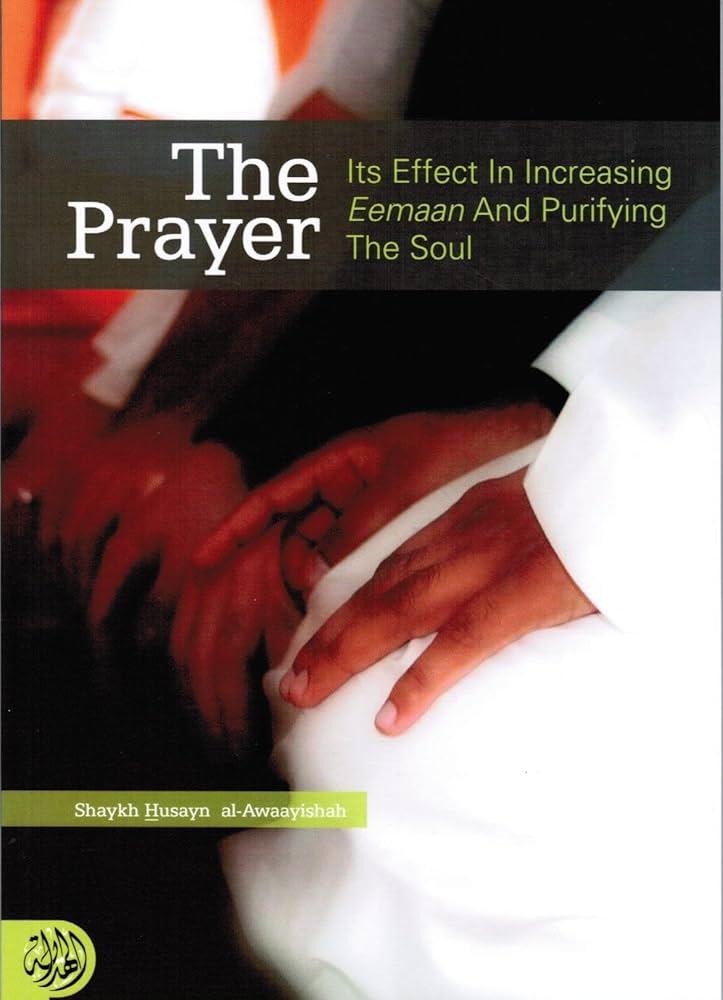In the wake of a controversial incident at Pune’s iconic Shaniwarwada, calls for the resignation of BJP MP Medha Kulkarni are intensifying. The uproar follows an event where ‘purifying’ namaz was performed at the historical site, leading to heated debates over religious sentiments and political accountability. As tensions rise among various communities, the incident has sparked outrage from local leaders and citizens alike, prompting questions about the role of public figures in sensitive cultural matters. This article delves into the unfolding situation, examining the implications of the event and the resulting political fallout in the heart of Maharashtra.
Calls for Accountability in Wake of Shaniwarwada Incident as Controversy Surrounds BJP MP Medha Kulkarni
The recent controversy surrounding BJP MP Medha Kulkarni has sparked widespread calls for accountability following the incident at Pune’s historic Shaniwarwada fort, where a controversial ‘purification’ ritual was carried out after a prayer gathering. Critics argue that such actions undermine the secular fabric of the nation and fuel communal tensions. In the wake of the incident, voices of dissent have emerged from various sectors of society, demanding her resignation and expressing concerns over the implications of political figures engaging in communal rituals that could be perceived as exclusionary. Local leaders and activists have condemned the MP’s actions, questioning the need for purification rituals in public spaces steeped in rich historical significance, emphasizing the need for maintaining a sense of unity among diverse communities.
As the outrage grows, several prominent social and political organizations have organized rallies and press conferences to highlight the need for accountability from elected officials. Key points raised include:
- Secularism at Stake: The act of purification challenges the secular ethos that is central to India’s democratic framework.
- Potential for Violence: Critics warn that such rituals may incite tensions between different religious communities.
- Public Trust Erosion: The constituents are increasingly questioning the integrity of their elected representatives.
In response to the outcry, Kulkarni’s aides have issued statements defending her actions as a personal belief rather than a political statement. However, whether this justification will quell the mounting pressure remains uncertain. Public sentiment has clearly shifted, with many advocating for a collective reassessment of the roles political leaders play in promoting inclusive governance versus those that might exacerbate divisive narratives.
Public Outrage Grows Over Purification Rituals Amid Concerns of Religious Intolerance in Pune
Following the recent purification rituals executed in Pune’s Shaniwarwada, public sentiment has sharply turned against local BJP MP Medha Kulkarni. Activists and community leaders have rallied to condemn the act, expressing concerns that such rituals reflect a growing trend of religious intolerance in the region. Critics argue that these events not only alienate certain communities but also undermine the secular fabric that India has long prided itself on. Calls for Kulkarni’s resignation have emerged on social media platforms, with hashtags demanding accountability trending across various channels. The backlash encompasses a spectrum of voices, from human rights activists to ordinary citizens who feel that the sanctity of shared spaces is being eroded.
In light of the escalating discontent, community discussions have surfaced addressing the implications of such purification acts. Several local organizations are now planning demonstrations, emphasizing the need for interfaith dialogue to foster understanding and respect among differing faiths. A community forum is also set to convene, aiming to encourage peaceful discourse while confronting growing sectarian divisions. As a response to rising civil unrest, it remains crucial for political figures like Kulkarni to engage transparently with the public to address grievances and potentially guide the narrative towards reconciliation rather than division.
Recommendations for Community Dialogue and Political Transparency Post-Shaniwarwada Event
In the wake of heightened tensions following the controversial purification ceremony at Shaniwarwada, it is crucial for community leaders and political representatives to prioritize open dialogue and transparency. Engaging in constructive conversations between diverse community groups can help bridge gaps, foster understanding, and mitigate potential conflicts. Recommendations for achieving this include:
- Establishing Community Forums: Regularly scheduled gatherings can provide a platform for grievances and constructive feedback.
- Encouraging Local Governance Involvement: Local officials, including BJP MP Medha Kulkarni, should actively participate in discussions to regain public trust.
- Promoting Educational Initiatives: Workshops focusing on cultural sensitivity and historical context can enhance awareness and appreciation among community members.
- Utilizing Digital Platforms: Leveraging social media for dialogue can expand reach and include younger generations in discussions.
Moreover, political transparency must be a cornerstone of this renewed initiative. Citizens are demanding accountability and clarity in political actions that affect their lives. Establishing clear channels for communication regarding governmental decisions and actions is essential to building trust. Key strategies may include:
- Transparency Reports: Regularly published updates on community-related decisions can keep the public informed.
- Open Q&A Sessions: Hosting sessions where constituents can directly ask questions of their representatives fosters openness.
- Community Action Committees: Forming committees inclusive of diverse community voices can ensure representation and oversight.
To Wrap It Up
In conclusion, the controversial purification ritual of Shaniwarwada in Pune has sparked significant public outcry and political ramifications, particularly regarding the actions of BJP MP Medha Kulkarni. As calls for her resignation gain momentum, the incident has ignited broader discussions about religious sensitivity, political accountability, and community relations in a diverse society. The evolving situation is being closely monitored by both supporters and detractors, highlighting the complexities surrounding governance and public sentiment in contemporary India. As this story develops, it remains to be seen how political leaders will respond and what implications this may have for future communal harmony in the region.
